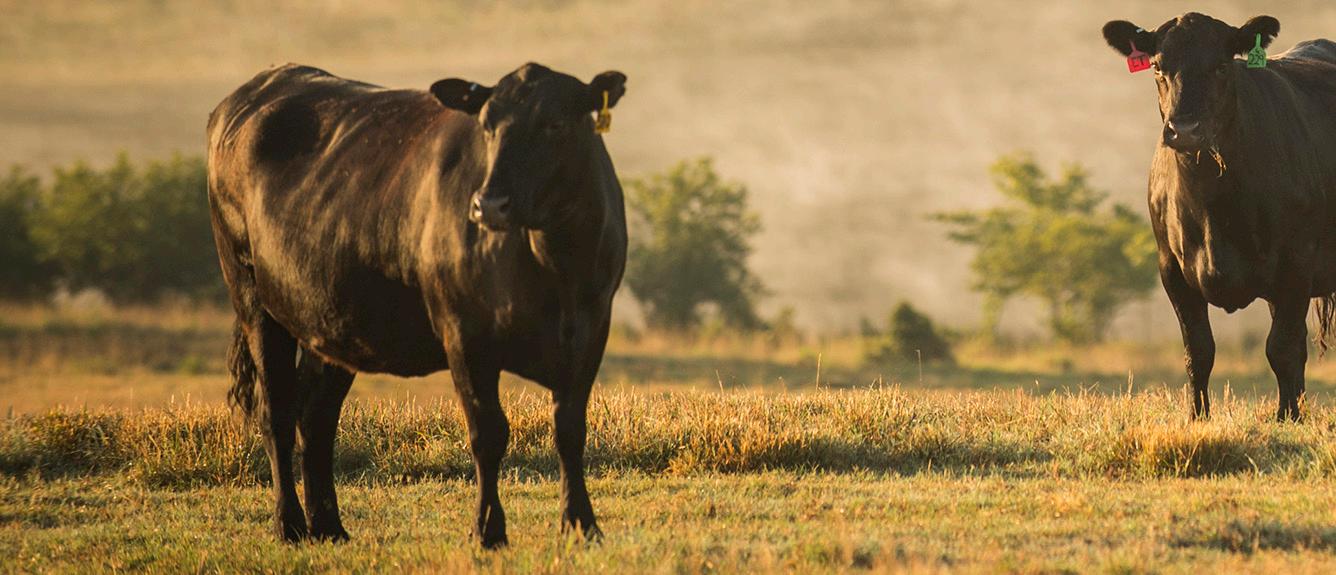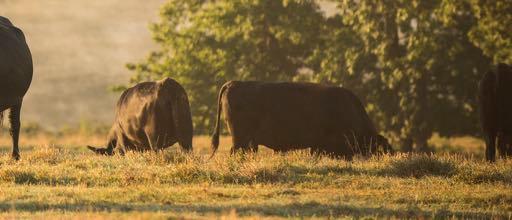
3 minute read
It’s Not Your Farm: Stop Planning Like It Is By George T. Ligon II, J.D., M. Sc.
It’s Not Your Farm:
By George T. Ligon II, J.D., M.Sc.
Advertisement
Philosopher Edmund Burke (17291797) talked about a primeval contract existing between the dead, the living, and the yet-unborn. This was the start, and in many ways remains, the essence of conservatism as a conscious political mindset. We are not isolated from the soil or from each other; we exist as part of a larger community and multigenerational fabric of society. It is not a partisan ideology; and filtered down through the lenses of modern issues, it finds familiar soil in both modern political parties. The disagreements begin only when you decide what to conserve and how and at what cost to do so.
Inherent in this idea is another: the idea of a fiduciary relationship, of one party holding temporary title for the benefit of others. We, the living caretakers of the farm, stand as fiduciaries between those who farmed the land before us and those who will farm it after we are gone. Our obligation is to preserve an essence of legacy while still evolving in a way that ensures the farm’s survival. It’s a mindset that acknowledges that we are here for only a short time; and no matter what name is on the deed, we realize that the farm is not ours to do with as we please, but ours to shepherd and care for. As the sign says outside my local garden center: Take care of the soil. Soon, you’ll be a part of it. A noble sentiment, but hardly an easy balancing act in practice. I am not equipped to advise you on the balance of what long-term fertilizer or pesticide use does to soil health versus short-term crop yields necessary to cover a high-interest bank note. I cannot say what the appropriate painpoint of personal sacrifice is before telling you to sell the farm to a subdivision developer because that’s what’s best for your family. But I can tell you ways to legally backstop those choices. Until now, my articles have focused on how to protect yourself and your heirs from common risks that can disrupt farm succession planning; how to shield personal wealth from business liabilities, and businesses from personal liabilities. But what about formalizing that

Stop Planning Like It Is
primeval contract between the generations? How can you ensure that the fiduciary position we hold is properly documented to allow the next person to step in without disruption? The answer is a seldom-used legal form: Business Trusts. Defining a Business Trust is something of an impossible task, or at least it is in this short of a space. To oversimplify, a Business Trust is not a trust (at least, not a trust in a way that you have ever thought of trusts). Rather, it is a type of corporate entity that operates like a trust.
Skipping over a very convoluted historical backstory for why business trusts exist, there are three major benefits to a business trust as the control holding company for a farm enterprise. (1) The Business Trust structure forces the heightened fiduciary obligations of a trusteeship onto the directors of a company in a way that a Corporation, LLC or even most partnerships cannot do. This makes it harder for profligate heirs to sell to developers instead of other farmers without the loss in value that comes from an easement or land covenant. (2) A Business Trust is the most flexible of business forms, with the fewest formalities and restrictions around it. When dealing with complex family farm operations, that flexibility can be crucial to fine-tuning the structure over time. (3) The Business Trust allows for complex, formalized procedures to bring different generations together with buy-in on how to run and grow the farm into the future.
Now for the important legal disclaimer: There is more bad information about Business Trusts online than there is accurate information. Business Trusts are incredibly powerful and useful tools when it comes to preserving a family farm; but they are also an extremely advanced technique that should not be attempted without advice from competent legal and tax advisors.
But if you want to go the extra step to ensure that your farm succession plan won’t go off the rails after you’re gone, the Business Trust is worth a close look.










